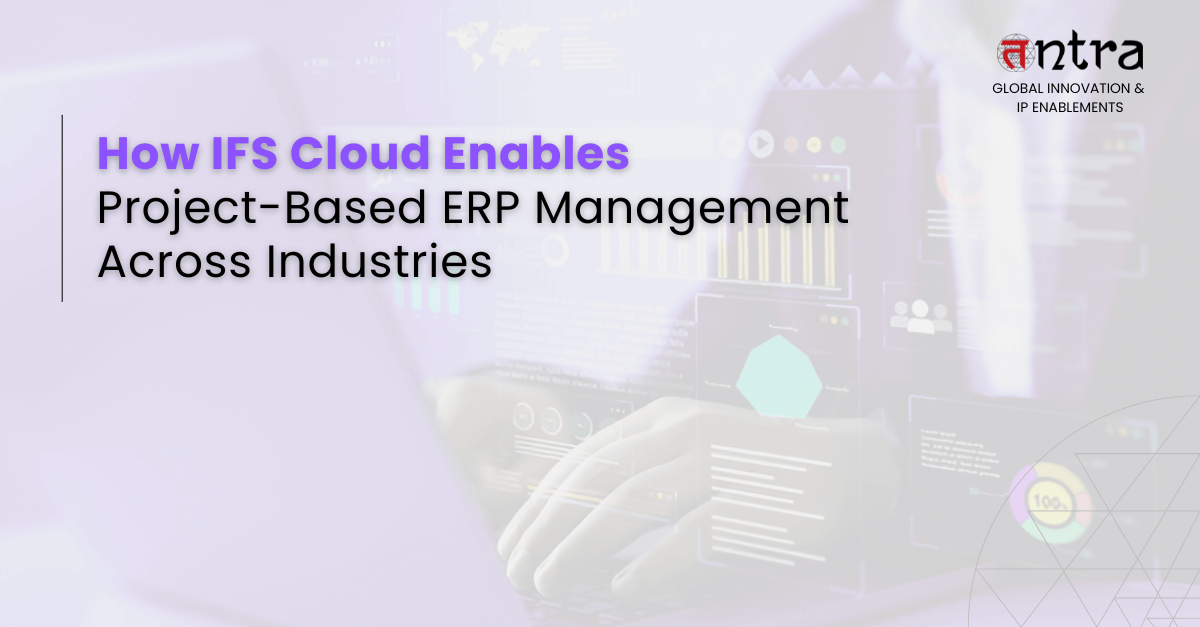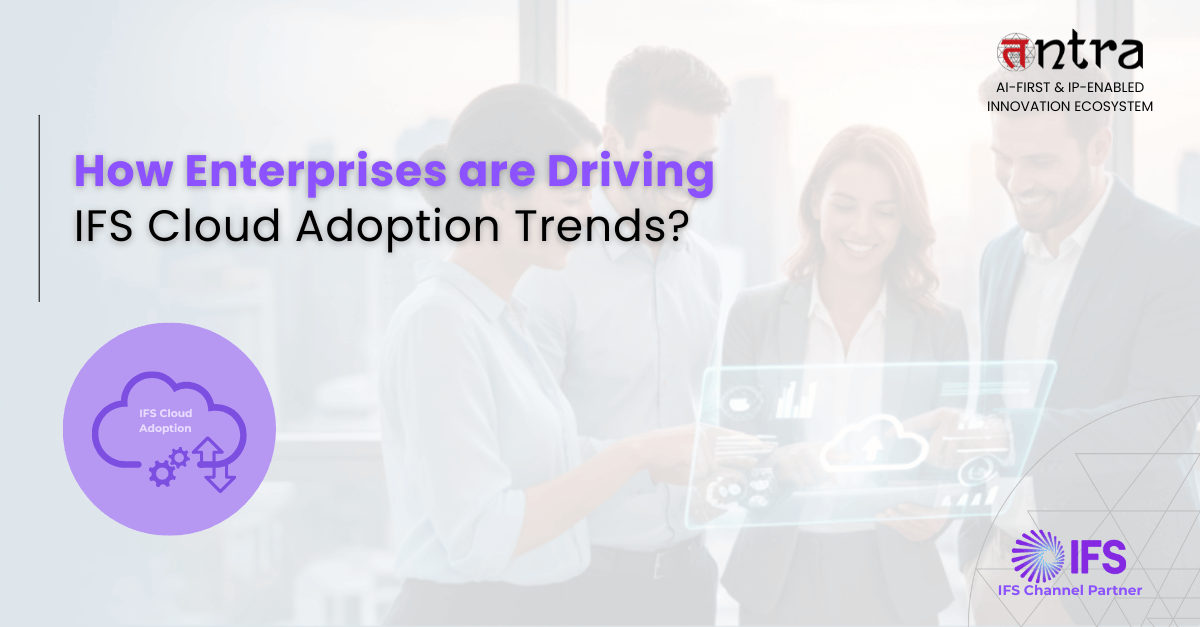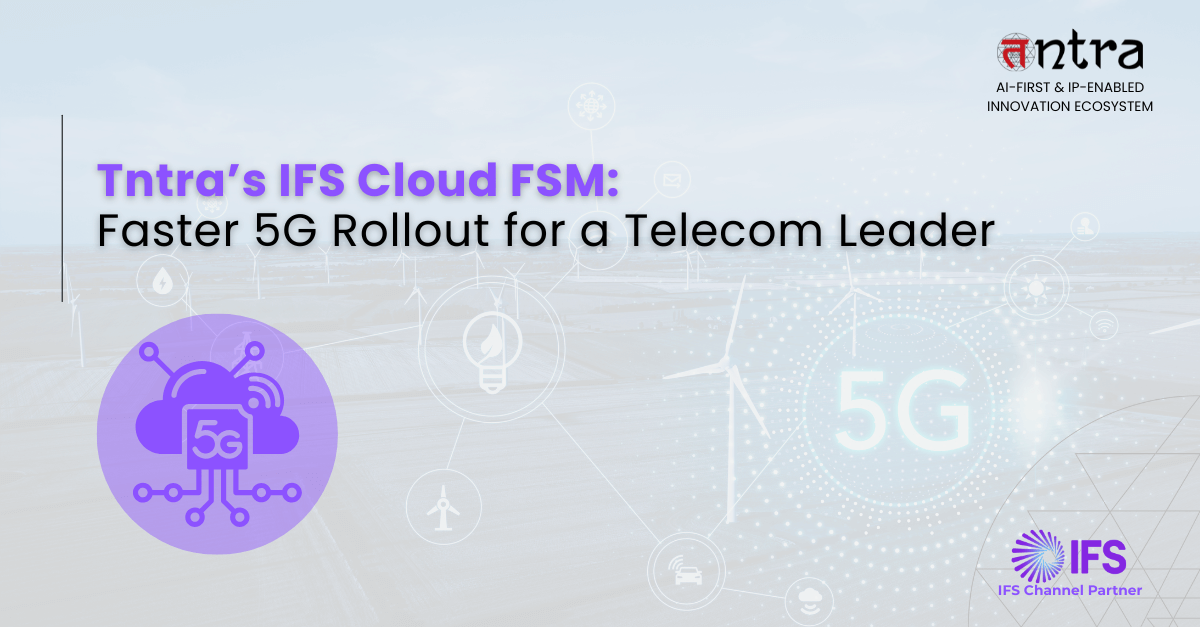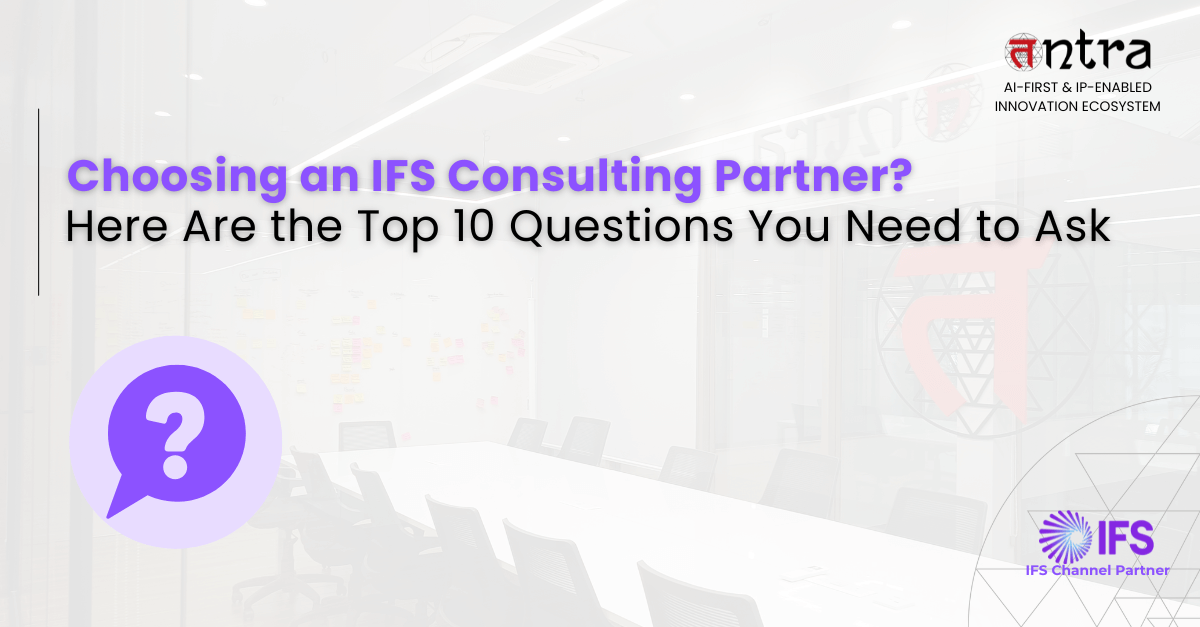
Choosing an IFS Consulting Partner? Here Are the Top 10 Questions You Need to Ask
Table of Contents
ToggleSelecting the right IFS consulting partner is critical for a smooth ERP journey. This article outlines the top 10 questions you must ask to assess real experience, industry knowledge, team competency, integration capability, customization philosophy, support model, and overall transparency. From IFS Cloud expertise to post-go-live support, these questions help you filter out weak partners and identify a team that truly understands your business. Use this guide to choose an IFS partner who ensures long-term success, not short-term fixes. Continue reading to learn more.
Choosing the right IFS partner is one of those decisions that can turn your ERP journey into a smooth, empowering experience… or a long, exhausting one. And if you’re reading this, chances are you’re either planning your IFS ERP rollout, upgrading to IFS Cloud, or simply looking for a stronger IFS support partner who actually gets your business.
Here’s the truth:
IFS is powerful, but only in the right hands.
The difference between success and chaos often comes down to your IFS consulting partner, their experience, and their ability to work as an extension of your own team.
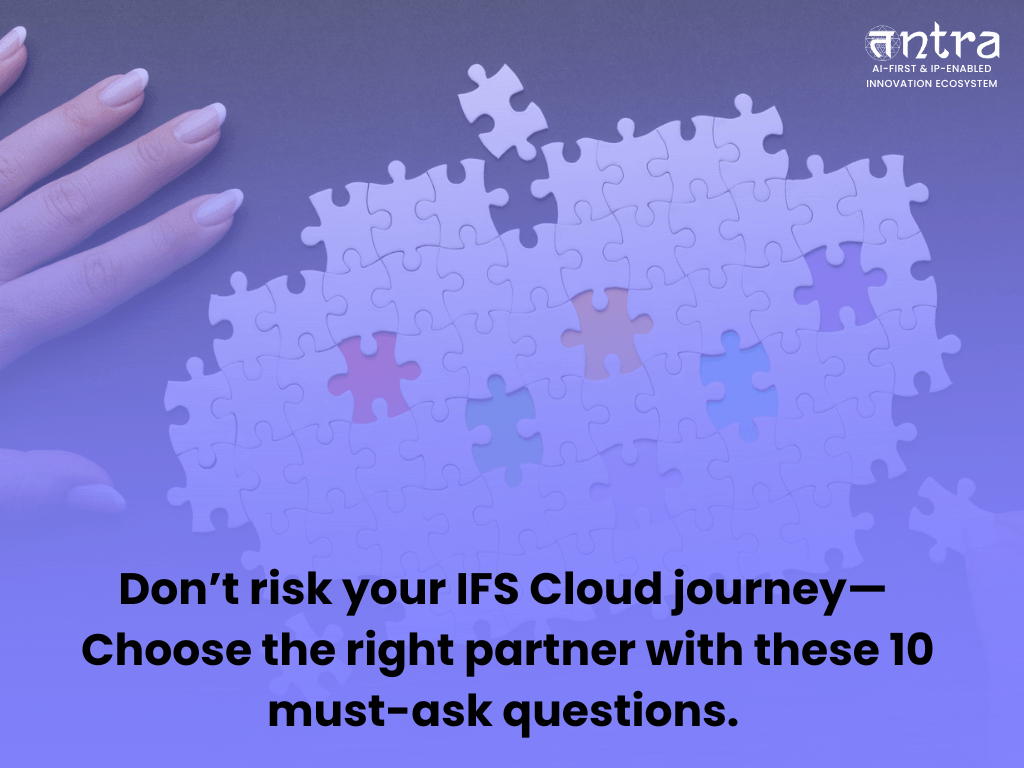
So to make your decision easier, here are the 10 most important questions you MUST ask before choosing an IFS implementation partner, explained in a simple, human, and absolutely non-jargon way.
1. Ask About Proven Experience: “How many IFS Cloud projects have you actually delivered?”
This single question eliminates nearly 80% of vendors.
Many claim to be an experienced IFS Cloud partner, but only a few have delivered real, successful projects on the new IFS Cloud ERP architecture.
Ask for specifics:
- Number of IFS Cloud go-lives
- Industry verticals served
- Migration challenges and resolutions
- Use of standard IFS applications vs. custom solutions
A confident and mature IFS implementation partner will provide clear, verifiable details—not generic sales talk.
2. Validate Industry Expertise: “Do you understand my industry’s processes deeply?”
Your ERP doesn’t succeed because a partner knows IFS—it succeeds because they know your business.
Your IFS consulting partner should demonstrate expertise in your ecosystem, whether it’s manufacturing, aerospace, energy, utilities, construction, industrial services, or logistics.
Look for signs of real industry maturity:
- “Your asset lifecycle requires custom event actions.”
- “We’ve optimized MRO scheduling for similar clients.”
- “IFS applications already support 90% of your needs; we’ll configure the rest.”
This is how a best IFS consultant communicates—not a generalist ERP vendor.
3. Assess the Team: “What does your project team structure look like?”
Who presents the proposal and who executes the project are often very different.
Clarify the strength of your partner’s delivery team:
Look for:
- Senior IFS ERP consultants with module expertise
- Technical architects who understand IFS ERP system design
- A skilled IFS integration partner who knows APIs, IALs & data flows
- A project manager with multiple end-to-end IFS Cloud implementations
Partners dependent on junior consultants typically cause delays, cost overruns, and poor-quality configurations.
4. Ensure Integration Skills: “How do you handle integrations with other systems?”
An IFS environment never operates in isolation. You’ll need seamless connectivity with CRM, HRMS, WMS, finance tools, IoT, mobility apps, analytics platforms, and more.
Your IFS integration partner must demonstrate capability in:
- REST APIs
- OData projections
- Middleware integrations
- Custom events and workflows
- Enterprise-grade security
If they can’t share integration examples, consider it a major red flag.
5. Evaluate Post-Go-Live Support: “What does your IFS support model look like?”
Going live is only the first milestone. The real value appears through long-term IFS managed services and proactive optimization.
A strong IFS support partner provides:
- 24/7 or region-based assistance
- Clear SLA definitions
- Release and update management for IFS Cloud ERP
- Dedicated support desk
- Performance monitoring
- Ticketing and tracking systems
A weak partner disappears after go-live, leaving you with broken reports, poor performance, and frustrated users.
6. Ask for Case Studies: “Can you show real case studies, not theoretical ones?”
Mature IFS implementation partners always have real transformation stories. You should expect:
- Before vs. after improvements
- KPIs and business results
- Complexity handled
- Real challenges solved
- ROI delivered through IFS ERP solutions
If all they offer is “theoretical” examples, they likely lack depth.
7. Understand Their Customization Philosophy: “How do you decide between configuration and customization?”
IFS is designed to prioritize configuration over heavy customizations.
Your partner must follow an upgrade-safe strategy that keeps future IFS Cloud releases smooth.
Expect them to:
- Use standard functionality first
- Keep customizations minimal
- Apply upgrade-safe designs
- Validate every change against lifecycle implications
If a partner suggests customization too quickly, walk away.
8. Check Knowledge Transfer Approach: “How do you train and equip our internal team?”
You should never be dependent on a partner forever.
Strong IFS consulting services include:
- Functional & technical workshops
- Super-user training
- Process documentation
- Hands-on configuration walkthroughs
- Change management guidance
A good partner aims to empower your internal IT team—not trap you into long-term dependence.
9. Understand Risk & Change Management: “How do you handle delays, risks, and scope changes?”
No ERP project runs without roadblocks.
A trustworthy partner will talk openly about:
- Risk management frameworks
- Change request processes
- Communication plans
- User adoption strategies
- Scope-control mechanisms
- Accurate effort estimation for IFS applications
You’re looking for transparency—not overconfidence.
10. Ask the Defining Question: “Why should we choose you over other IFS partners?”
This exposes a partner’s true strengths.
A mature IFS implementation services provider should articulate:
- Specialization in your industry
- Number of comparable IFS projects
- Certified IFS ERP consultants
- Proven go-live success rates
- Ability to handle full lifecycle: design → implementation → optimization
- Experience with upgrades, integrations, and IFS Cloud consulting services
If they cannot differentiate themselves, the choice is simple — move on.
Bonus Tip: Always Evaluate Chemistry
This part often gets ignored, but it’s important.
You will be working with your IFS partner for months, sometimes years. So ask yourself:
- Do they listen?
- Do they explain things simply?
- Do they speak openly about challenges?
- Do they take ownership?
- Do they understand your long-term vision?
The best IFS consultant is not just technically strong, they care about your business as much as you do.
Final Thoughts
Choosing the right IFS consulting partner isn’t about picking the biggest brand or the lowest quote.
It’s about selecting an IFS implementation partner who understands your business, brings proven IFS Cloud expertise, ensures strong integrations, communicates openly, and supports you throughout the entire ERP lifecycle.
This checklist of top 10 questions will help you evaluate IFS partners effectively, avoid weak vendors, and select a team that drives transformation—not complexity.
If you’re looking for a reliable, experienced, and business-focused IFS consulting company, Tntra brings deep expertise across IFS Cloud, integrations, support, and lifecycle management.
Connect with Tntra’s certified IFS experts and build a future-ready ERP foundation today.
